Wow. Ok. It’s not that this should be surprising to anybody.
We’ve talked before about White House senior adviser and Trump son-in-law Jared Kushner’s apparent appetite for consuming copious amounts of highly classified intelligence, even far outside that in his purview.
That was before his security clearance was bumped from “Top Secret” to simply “Secret.”
Kushner had a particular interest in intelligence involving the Middle East. At first blush, it may not seem so unusual, considering President Trump has announced that his son-in-law would be the person to bring peace to the Middle East.
The Intercept, however, has published a report of the uncomfortable entanglement of Kushner with Saudi royalty.
In June, Saudi prince Mohammed bin Salman ousted his cousin, then-Crown Prince Mohammed bin Nayef, and took his place as next in line to the throne, upending the established line of succession. In the months that followed, the President’s Daily Brief contained information on Saudi Arabia’s evolving political situation, including a handful of names of royal family members opposed to the crown prince’s power grab, according to the former White House official and two U.S. government officials with knowledge of the report. Like many others interviewed for this story, they declined to be identified because they were not authorized to speak about sensitive matters to the press.
In late October, Jared Kushner made an unannounced trip to Riyadh, catching some intelligence officials off guard. “The two princes are said to have stayed up until nearly 4 a.m. several nights, swapping stories and planning strategy,” the Washington Post’s David Ignatius reported at the time.
That alone should be concerning enough, but it gets better [worse?].
What exactly Kushner and the Saudi royal talked about in Riyadh may be known only to them, but after the meeting, Crown Prince Mohammed told confidants that Kushner had discussed the names of Saudis disloyal to the crown prince, according to three sources who have been in contact with members of the Saudi and Emirati royal families since the crackdown. Kushner, through his attorney’s spokesperson, denies having done so.
Really? What could be the purpose of whipping up conflict in the region by giving the names of those “disloyal” to the prince?
Kushner lawyer Abbe Lowell scoffed at the report, calling it “false and ridiculous.”
Whatever the case, a week after Kushner returned from his little field trip, on November 4, the crown prince (MBS to his friends) did a bit of housecleaning, launching what he called an “anti-corruption crackdown.” Dozens of members of the royal family were arrested by the Saudi government, imprisoning them in the Ritz-Carlton Riyadh.
At least one was reported to have been tortured.
The odd (yeah, right) thing is that these were individuals listed in the President’s Daily Brief.
It is likely that Crown Prince Mohammed would have known who his critics were without Kushner mentioning them, a U.S. government official who declined to be identified pointed out. The crown prince may also have had his own reasons for saying that Kushner shared information with him, even if that wasn’t true. Just the appearance that Kushner did so would send a powerful message to the crown prince’s allies and enemies that his actions were backed by the U.S. government.
One of the people MBS told about the discussion with Kushner was UAE Crown Prince Mohammed bin Zayed, according to a source who talks frequently to confidants of the Saudi and Emirati rulers. MBS bragged to the Emirati crown prince and others that Kushner was “in his pocket,” the source told The Intercept.
That would be the same UAE Crown Prince who was present in the Seychelles meeting with Trump supporter, Erik Prince, as well as several Russian officials, and an Arab spy.
President Trump can give authority to Kushner to disclose what’s in those briefings, but to do so and meddle in the tense situation going on in another nation is a bit much. If Trump did not give Kushner authority to give over such information, he’s on the wrong side of the law, regarding the sharing of classified information.
In the months that followed, the arrestees were coerced into signing overbillions in personal assets to the Saudi government. In December, the London-based Arabic-language newspaper Al-Quds Al-Arabi reported that Maj. Gen. Ali al-Qahtani had been tortured to death in the Ritz. Qahtani’s body showed signs of mistreatment, including a neck that was “twisted unnaturally as though it had been broken,” bruises, and “burn marks that appeared to be from electric shocks,” the New York Times reported earlier this month.
Nasty stuff.
Kushner is under increased scrutiny because of recently intercepted communications of officials from China, Mexico, Israel, and the United Arab Emirates, discussing how they could manipulate Kushner, due to the money problems with his family business.
Some officials have refused to deal with anyone else but Kushner, and that has raised some red flags.
The Washington Post reported this week that former Secretary of State Rex Tillerson and National Security Adviser H.R. McMaster “expressed early concern that Kushner was freelancing U.S. foreign policy.” According to the Post, Tillerson once asked staffers in frustration: “Who is the secretary of state here?”
Oops. And now Tillerson is gone.
Indeed, Kushner has grown so close to the Saudi and Emirati crown princes that he has communicated with them directly using WhatsApp, areasonably secure messaging app owned by Facebook and popular in the Middle East, according to a senior Western official and a source close to the Saudi royal family.
Kushner’s unconventional communications with regional leaders excluded diplomats during the summer of 2017, when Saudi Arabia and the UAE initiated an economic blockade aimed at weakening their Gulf neighbor Qatar. Tillerson’s attempts to mediate the crisis were quickly undercut by Trump and Kushner, who supported the blockade. Three State Department officials told The Intercept that Tillerson was largely in the dark about Kushner’s communications with MBS during that period.
And a month after Qatar’s minister of finance allegedly shut down a request for funding from Kushner’s family business, Kushner and Trump backed Saudi Arabia and the UAE over Qatar in the simmering Gulf crisis.
In April 2017, Kushner’s father, Charles Kushner made a direct play to the Qatari government for funds, but he was turned down.
In May, Trump and Kushner visited Riyadh, and shortly after the blockade of Qatar happened.
“We could not understand why the Trump administration was so firmly taking the Saudis’ side in this dispute between the Saudis, the Emiratis, and Qatar, because the United States has very important interests in Qatar,” Sen. Chris Murphy, D-Conn., told George Stephanopoulos, host of ABC’s “This Week,” after The Intercept reported on Kushner Companies’ efforts to obtain financing from Qatar. Murphy was referring to Al Udeid Air Base in Qatar, home of U.S. Central Command, where thousands of U.S. troops are stationed.
“If the reason this administration put U.S. troops at risk in Qatar was to protect the Kushners’ financial interests, then that’s all the evidence you need to make some big changes in the White House,” Murphy said.
I’m about 90 percent certain that Trump has no idea about U.S. interests in Qatar.
Jared Kushner may know, but sharing that information with his father-in-law probably isn’t high on his to-do list.

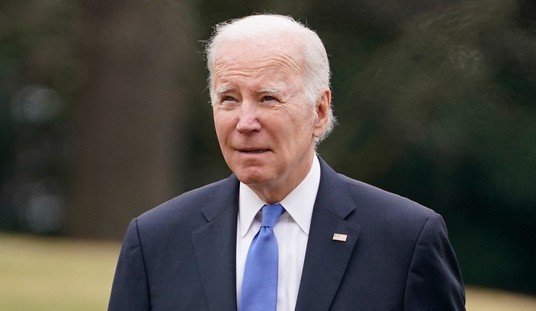

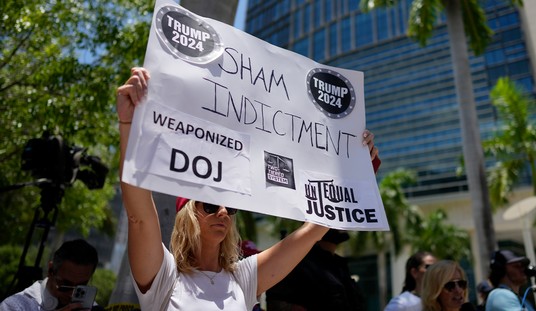


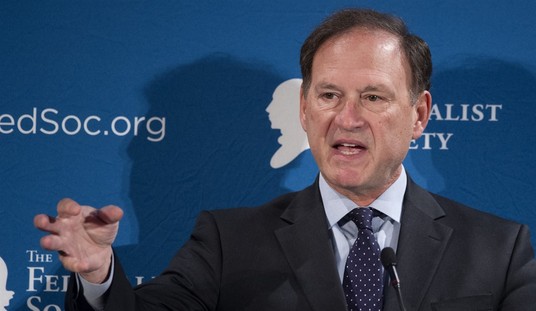



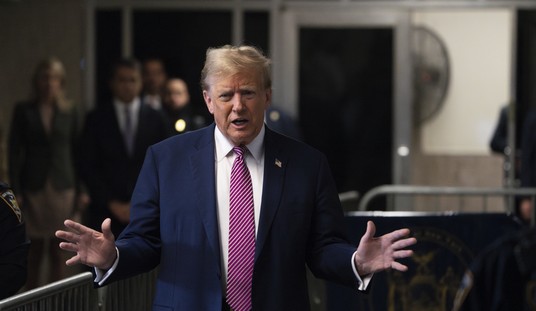
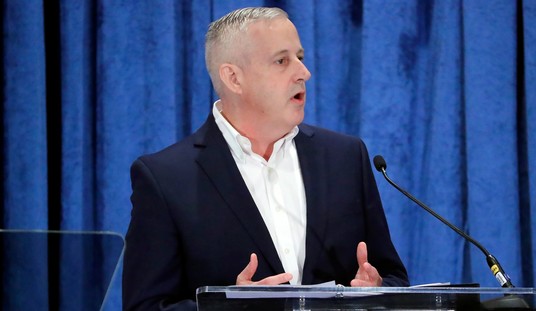
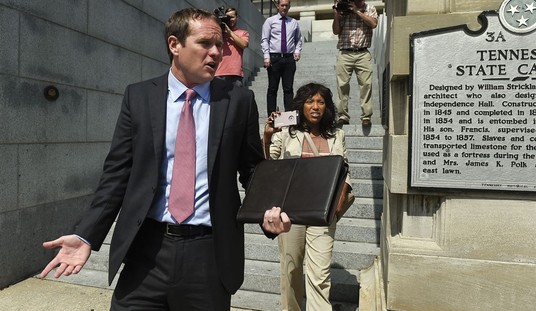

Join the conversation as a VIP Member